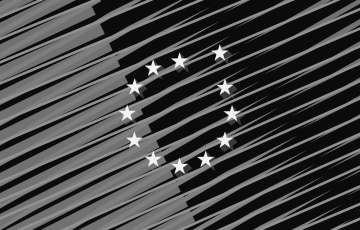Utilising a private Customs Warehouse to mitigate tariffs & cashflow effects of Brexit
Falsum assisted an SME clothing retailer to rationalise the effects of Brexit on their UK imports and EU sales. The high-value clothing, originating primarily in the European Union, benefitted from the establishment of a Customs Warehouse; improving cashflow & decreasing landed-cost, & mitigating some tariffs.
The Challenge
An SME online clothing retailer approached Falsum with a series of issues relating to their UK imports of high-value clothing from the European Union. After Brexit, it is anticipated that the business will be impacted across cash flow & cost increases, product availability & delays at port.
Falsum undertook an initial analysis of existing trade flows for the client. Based on the trade modelling and analysis, it was agreed that the greatest area of Brexit risk was in the large cash flow impacts of tariffs on textile imports & import VAT.
The Falsum Solution
To mitigate against the cashflow issues of paying both import duties & import VAT at entry into the UK, paired with the business model of low-frequency, high-value ‘seasonal’ imports that would then be sold over the following months – Falsum proposed that the client look to seek authorisation to use a public or a private Customs Warehouse, certified by HMRC.
As the client operated their own physical storage space, it was agreed that the lowest-cost model with the largest potential gains in cash flow would be gained from operating a private Customs Warehouse. Falsum provided advisory & consultancy services on the requirements to establish physical premises, the regulatory requirements and ongoing compliance points.
Second, Falsum developed a ‘Customs Playbook’ a fully-documented operating model for the import of goods under ‘duty-suspension’ and the methods of release from a customs warehouse. All documentation & customs compliance was automated to be driven by a combination of an online sales platform, inventory management systems & ERP systems.
The triple-system model created both a resource-lite trade function for the business and a fully auditable trail to share with tax authorities.
The Result
The client is already realising gains in efficiencies by declaring 12% of their landed costs from rest-of-world trade into a customs warehouse. After Brexit, those gains will apply to 100% of imported products; mitigating an estimated cost in manual trade compliance of 6% of annual revenue.




